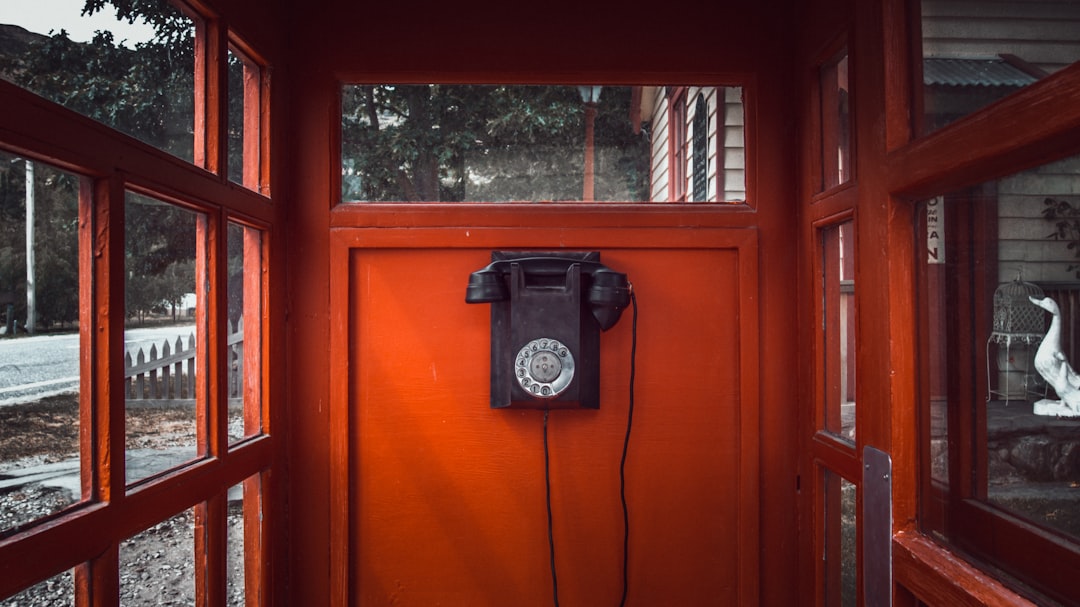In Ohio, businesses must comply with Do Not Call Laws governed by the TCPA to avoid penalties and maintain legal integrity. They need to obtain explicit consent before calling, respect consumer opt-outs, and manage customer preference records accurately. Non-compliance can lead to fines, reputational damage, and loss of customer trust. Effective compliance fosters positive customer relationships while adhering to Do Not Call Laws Ohio.
In the dynamic business landscape of Ohio, understanding and adhering to Do Not Call laws is paramount for companies looking to maintain compliance and foster customer relationships. This article guides Canal Winchester businesses through the intricacies of Ohio’s Do Not Call regulations, offering insights into effective list management strategies. By exploring key compliance requirements, you’ll equip your organization to navigate these rules successfully, ensuring a positive impact on sales efforts and customer satisfaction.
Understanding Do Not Call Laws in Ohio

In the state of Ohio, Do Not Call laws are designed to protect residents from unwanted telemarketing calls. Businesses operating in Canal Winchester and across Ohio must comply with these regulations to avoid penalties. The primary law governing these restrictions is the Telephone Consumer Protection Act (TCPA), which gives consumers the right to register their phone numbers on a “do not call” list, preventing them from receiving marketing calls.
Understanding and adhering to Do Not Call Laws in Ohio is crucial for businesses to maintain compliance and avoid legal issues. Companies must ensure they obtain proper consent before calling residents and respect the opt-out requests made by consumers. By implementing effective phone marketing strategies and training employees on these regulations, businesses can foster positive relationships with customers and stay within the legal framework of Do Not Call laws in Ohio.
Compliance Requirements for Canal Winchester Businesses

In Canal Winchester, businesses must adhere to strict Do Not Call laws in Ohio, designed to protect residents from unwanted telemarketing calls. These regulations are part of a broader effort to ensure consumer privacy and control over their communication preferences. According to Ohio’s Do Not Call Laws, companies engaging in telemarketing activities must obtain explicit consent from consumers before initiating phone contact. This means that businesses operating within Canal Winchester should implement robust opt-out mechanisms and maintain comprehensive records of customer preferences to avoid any legal repercussions.
Compliance involves regularly updating and honoring “Do Not Call” lists, ensuring all marketing teams are trained on the latest regulations, and providing clear and accessible opt-out options during every interaction. Businesses that fail to comply with these rules may face penalties, including fines, damage to their reputation, and loss of customer trust. Staying informed about Ohio Do Not Call Laws is not just a legal requirement but also an effective strategy for building positive relationships with customers in Canal Winchester.
Effective Strategies for Ohio Do Not Call List Management

Managing compliance with Ohio’s Do Not Call laws is essential for businesses in Canal Winchester and beyond. A robust strategy involves several key steps to ensure accuracy and avoid penalties. First, maintain an up-to-date Ohio Do Not Call list by regularly verifying and updating customer preferences. Implement a system that allows for easy opt-in and opt-out options, ensuring compliance with state regulations.
Additionally, educate your sales and marketing teams about the importance of respecting customer choices. Train them to identify and honor do-not-call requests promptly, and utilize technology to automate list management processes. Regularly review and audit your calling lists to guarantee compliance, thereby fostering strong relationships with customers while adhering to Ohio Do Not Call Laws.






